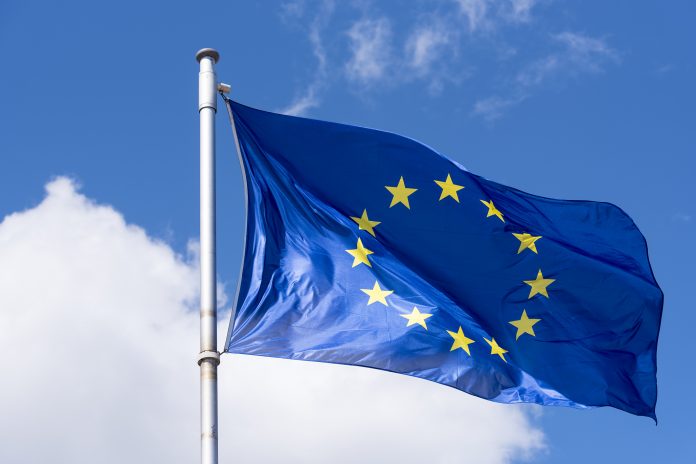The European Commission plans to modify the rules of its research and innovation funding program due to concerns over Huawei in Horizon Europe being a “high-risk” entity
In June, the European Commission expressed apprehensions about Huawei and ZTE, both Chinese telecom firms, categorising them as high-risk entities.
This aligns with several member states’ efforts to exclude Huawei from Horizon Europe within mobile networks due to espionage fears and reliance on China’s technology.
This may take a hit towards the relationship between the EU and China, especially as they have been recently collaborating on various research projects.
Growing Concerns over Huawei in Horizon Europe and ZTE
Although some member states have limited telecom supplies deemed risky, the EU lacks authority to prevent “Huawei components” from entering national networks.
Yet, the EU aims to stop internal communications relying on “Huawei and ZTE parts in Horizon Europe” and review funding programs due to their high-risk status.

Impact on Huawei in Europe
Commissioner Vestager confirmed that the “high-risk status” of Huawei in Horizon Europe will affect the program. It will be incorporated into EU funding programs, including all aspects of the “Horizon Europe framework program involving Huawei.”
Specifics about the timing and nature of these changes remain unclear. The Commission plans internal discussions before deciding on the involvement of Huawei within Horizon Europe in EU initiatives.
Huawei in Horizon Europe: Previous involvement
Huawei’s participation in Horizon Europe projects, receiving €4 million in funding, faces scrutiny. Despite involvement in projects like developing “massive machine-to-machine communications for 6G”, all “Huawei participants in Horizon Europe” are European-based, not Chinese.
Restrictions on Huawei within Horizon Europe could hinder its R&D efforts across 13 European countries, affecting its partnership in 53 EU framework projects, including 28 during Horizon 2020.
Balancing security and innovation in EU-China
This move reflects broader concerns about EU-China research ties, particularly research that could benefit China’s military. The Chinese government and Huawei disagree with the high-risk label, emphasizing the potential damage to innovation and the EU’s economy.
Efforts to address security concerns regarding Huawei’s participation within Horizon Europe highlight the delicate balance between innovation and mitigating risks associated with high-risk entities like Huawei and ZTE.
This decision holds implications for EU-China research collaboration and geopolitical dynamics.











